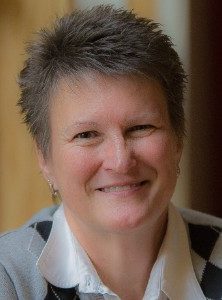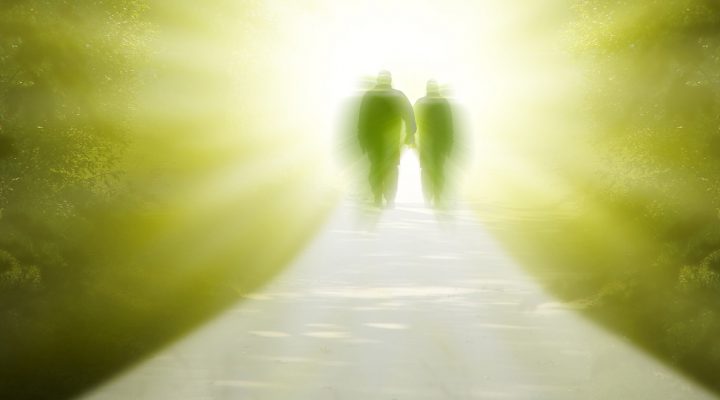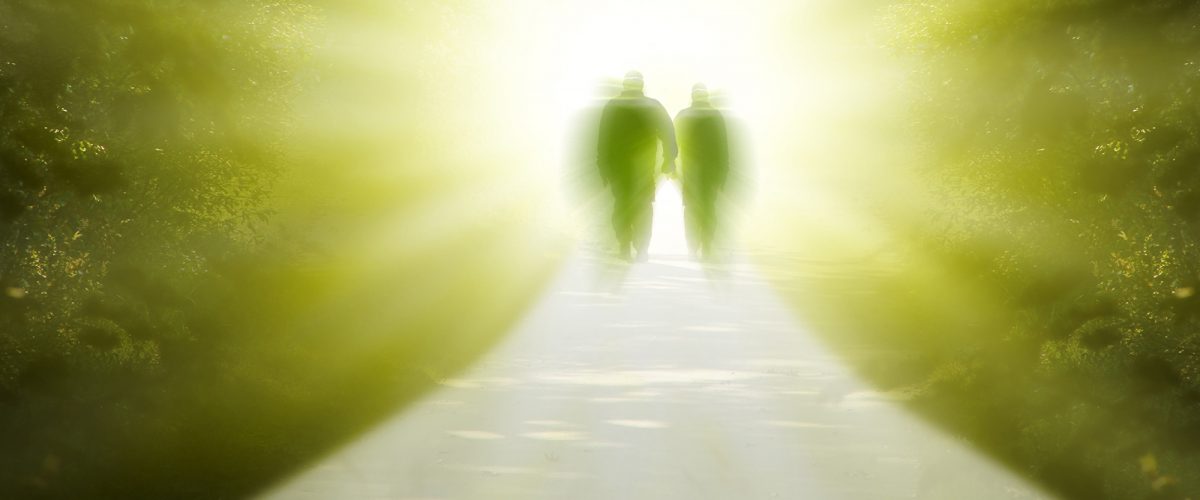My sister-in-law Faye died this weekend after a long and debilitating chronic illness. Not surprisingly, her husband of 60-plus years wondered why God allowed her to suffer.

Susan Shaw
I don’t think God did. I don’t think God causes, allows or wills suffering. Sometimes in the course of the universe, we just suffer — because of disease, natural disaster, death. Other times we suffer because of the wrong other people do. But we do not suffer because God wants us to suffer.
I’d go so far as to argue God cannot intervene in our suffering either. Otherwise, God is on the hook for letting children be abused, allowing a COVID pandemic, or making Faye linger, laboring to breathe and in pain. What kind of God would this be? A powerful one, yes. But a loving one? I don’t think so.
Many Christians are so invested in God’s power (which for many justifies their own power) that they are willing to overlook the ways an all-powerful God would be complicit in, if not completely responsible for, all the suffering in the world. Christians usually get around this conundrum, if they think about it at all, with some vague reference to our inability to know God’s will and the assumption that God has a reason.
“I’m not terribly interested in God’s reasons when I’m suffering.”
I’m not terribly interested in God’s reasons when I’m suffering. I am adamantly convinced there is no good, no lesson, no reason that could have come from my abuse as a child that could justify that suffering as some mythic “perfect” or “permissible” will of God. That’s not a God I’d care to have any truck with.
Instead, God, for me, suffers with us. God experiences our sufferings, and, even more importantly, God calls for healing and justice for our suffering. God is at work in the world as persuasive love, not coercive power. God calls each entity in the universe to achieve its divine aim, to live into all God has created it to be.
That means the only answer for suffering we have is our actions in the world to alleviate suffering as much as we can. That may mean being present with someone who is dying, and it may mean acting politically to transform the end-of-life processes and laws that deepen and prolong suffering.
As people die, talk inevitably turns to what happens after death. Many people take comfort in imagining being reunited with loved ones after death.
“Many people take comfort in imagining being reunited with loved ones after death. Not me”
Not me. I don’t think we continue a conscious existence after this one. I remember, even as a child, being a little frightened by the concept of eternity. I don’t think I want to live forever. As my friend Julie used to say, “Eternity’s a long time, and I’m tired.”
I also just can’t get past the fundamental split between mind and body, or spirit and body, most Christian notions of an afterlife require. We have to somehow believe there’s not an inherent connection between our bodies and our consciousness. We have to separate some essence of ourselves from the brain waves and neurological signals that are generated by our bodies. Many people believe we’ll get new bodies, but that doesn’t really solve the problem of the disconnection between consciousness and the very matter that makes up our bodies. I once heard Episcopalian priest Matthew Fox say the spirit doesn’t reside in the body but the body in the spirit, but I’m still not persuaded that means there’s continued consciousness after death.
For me, it’s our matter, the very atoms of our beings, that goes on. And that gives me great comfort and hope.
I do remember my first term in seminary when I took Jim Blevins’ second half of Intro to the New Testament, and we read German theologian Rudolf Bultmann. Bultmann focused on what was scientifically demonstrable, and so, since life after death is not scientifically demonstrable, he rejected it. Blevins roleplayed Bultmann in class. A fellow student asked “Bultmann” how he could call himself Christian and not believe in resurrection. “Bultmann” responded with a question himself: “If you knew with absolute certainty that there was no life after death, would you still be a Christian?” My answer then, when I did still believe, and now is an unequivocal, “Yes!”
Through my Christian faith, I am being resurrected in the present, transformed moment by moment, toward the person God calls me to be. For me, that is redemption. That is the point of Christian faith.
Life after death isn’t a necessity. The atoms that make up my being continue on forever, even if my conscious mind doesn’t. We learned this in elementary school: Matter can neither be created nor destroyed; it just changes form. My being, my atoms, at death will continue to change form. They have existed since the Big Bang, and they will continue as long as the universe does. Who knows what they have been besides me and what else they will become when they go back to the universe. This is enough to send me shouting “Hallelujah” through the rest of my days.
I’m open to being surprised. Maybe our conscious selves do go on after this life. None of us really knows.
Whatever comes next, I trust that God is with us and receives us into God’s self with love.
I don’t know what happened when Faye took her last breath, but I believe that, one way or another, she rested in the arms of God.
Her work is done. That leaves the rest of us here still to ponder, as poet T.S. Eliot put it, “These matters that with myself I too much discuss/ Too much explain” — Why do we suffer? What happens after death? What’s the meaning of all of it?
Sometimes I can think myself right into despair. Yet I’ve also learned this life is a wonderful gift, even if it’s only a blip in the grand expansion of the universe. The brevity of it makes it all the more precious, and it seems to me the only ethical response to this amazing gift of life is to live it to its fullest in the time we have, doing as much good, making as much difference, loving as much and taking it all in as much as we can through all of our days.
Essayist Annie Dillard writes that she believes at the end, the prayer of the dying is not “’please,” but “thank you.”
I think she’s right.
I don’t hold God responsible for suffering, and I trust that God is with us in our suffering and with us in our dying. Whatever happens next, I think in that moment we are received in a new way into God’s embrace. That is more than enough for me.
Susan M. Shaw is professor of women, gender and sexuality studies at Oregon State University in Corvallis, Ore. She also is an ordained Baptist minister and holds master’s and doctoral degrees from Southern Baptist Theological Seminary. Her most recent book is Intersectional Theology: An Introductory Guide, co-authored with Grace Ji-Sun Kim.
Related articles:
Most Americans believe in heaven or hell, but their ideas aren’t always biblical | Analysis by Mallory Challis
Heaven-or-hell theology may be simple, but it is neither biblical nor morally defensible. What’s the alternative? | Opinion by Alan Bean
Pew study offers some surprising insights to American views on suffering, salvation, heaven and hell


